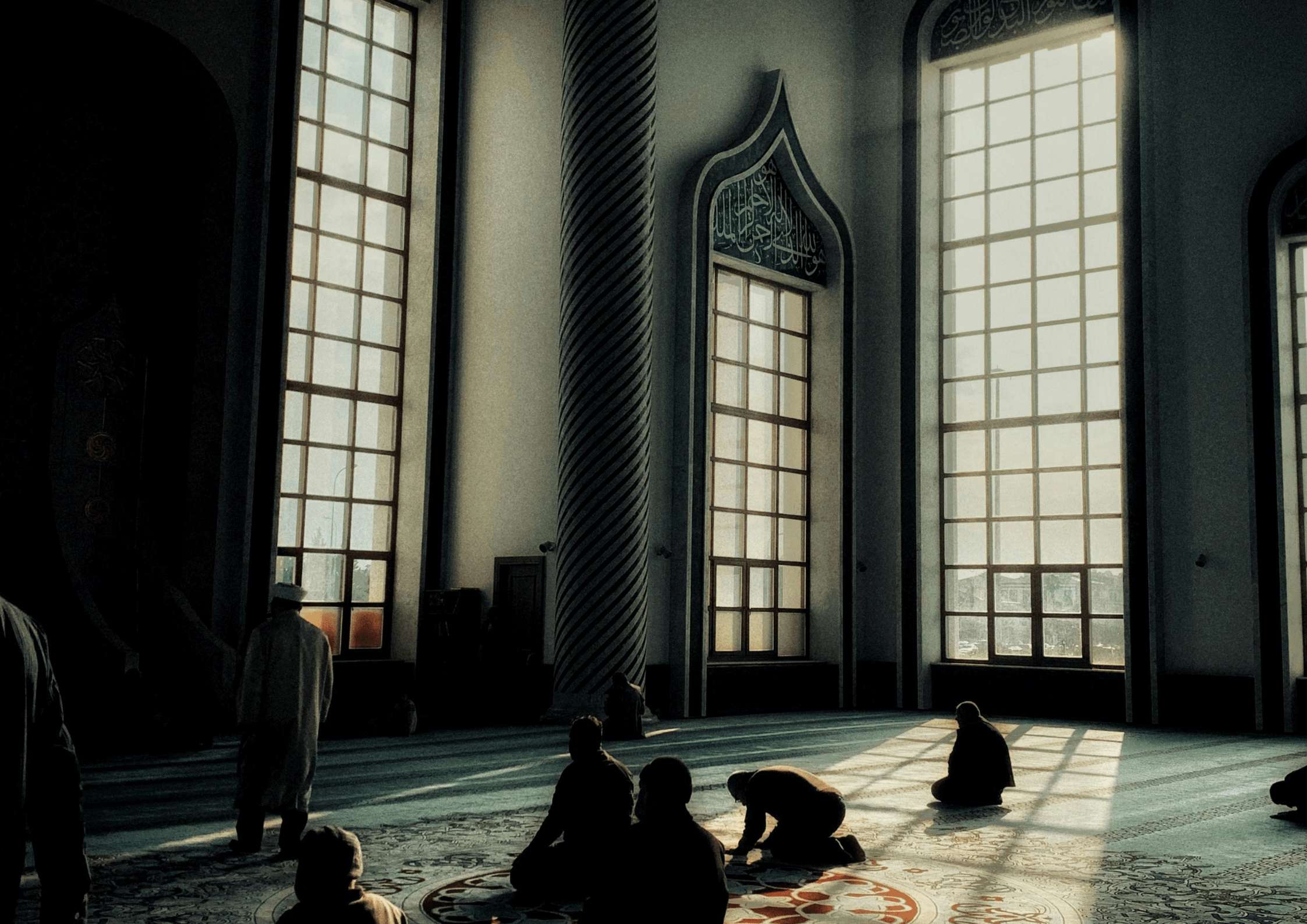Summary
Practical fiqh guidance on attending Jumuʿah Ṣalāh during Covid-19 lockdowns. Includes exceptions, seven key points, Qurʾānic evidence, and Prophetic hadith.
Before the Tier 4 lockdowns in the United Kingdom, I received many questions regarding Jumuʿah Ṣalāh sensitivities in light of Covid-19 restrictions and the shorter winter days.
On the timing of Ṣalāh
I have shared my advice on this matter privately with Imāms, who may apply their chosen scope of fiqhī precedence when guiding their respective communities.
On attending Jumuʿah prayer
For those who do not fear catching Covid-19, or fear being a means of harming vulnerable household members, I share the following seven points of guidance:
- Everyone should do their best to attend the Jumuʿah prayer, given its obligatory nature. Accordingly, register your Jumuʿah space with your local Masjid as soon as registration opens.
- If you forget to register early and later find all slots filled, you are not sinful, In Shāʾ Allāh.
- It is not obligatory to register with a distant Masjid if doing so causes hardship due to travel distance, as defined by local norms. However, if one still makes this effort, they will be rewarded accordingly, In Shāʾ Allāh.
- In Masaājid that operate on a first-come, first-served basis, the guidance of point one applies. If you fail to enter due to capacity, you are not sinful, and point six will apply.
- Some scholars hold that a minimum of four males suffices for Jumuʿah. If the laws of the land permit, this option may be explored, with consultation of the local ʿUlamā body.
- In the event that Jumuʿah is not observed, the Dhuhr Ṣalāh should be prayed instead.
- Those unable to consistently attend Jumuʿah should still try to attend daily congregational prayers occasionally to maintain a spiritual connection with the Masjid and the Muslim community.
For those excused from Jumuʿah
As for those who fear catching Covid-19 or fear becoming a means of harm to vulnerable members of their household, the obligation of Jumuʿah is lifted, and Dhuhr Ṣalāh takes its place. This ruling was discussed in a dedicated lecture earlier in 2020 during the first wave of lockdowns.
Qurʾānic and Prophetic Guidance
Allāh ﷻ says:
فَاتَّقُوا اللَّهَ مَا اسْتَطَعْتُمْ
“So keep your duty to Allah and fear Him as much as you can.”
(at-Taghābun 64:16)
The Messenger of Allah ﷺ said:
“If I forbid you from something, then avoid it. If I command you to do something, then do of it as much as you are able.”
(Ṣaḥīḥ Muslim)
Scholarly Explanation
Imām an-Nawawī رحمه الله explained in his commentary on Ṣaḥīḥ Muslim:
The words of the Prophet ﷺ, “If I command you to do a thing, then do as much of it as you can”, form one of the basic principles of Islam and demonstrate the conciseness of his blessed speech. This principle applies across countless rulings—whether in prayer, wuḍūʾ, ghusl, covering the ʿawrah, or reciting Sūrat al-Fātiḥah. Whenever a Muslim is unable to perform an act of worship in full, he does whatever he can to the best of his ability.
Closing Advice
For those who fall under exceptional categories or miss out on Jumuʿah slots, do your best to maintain the link with the Masjid by attending smaller daily prayers. This preserves one of the central objectives of Ṣalāh in general, and Jumuʿah specifically: strengthening the bond between believers and the House of Allah.
And Allah knows best.




Comments